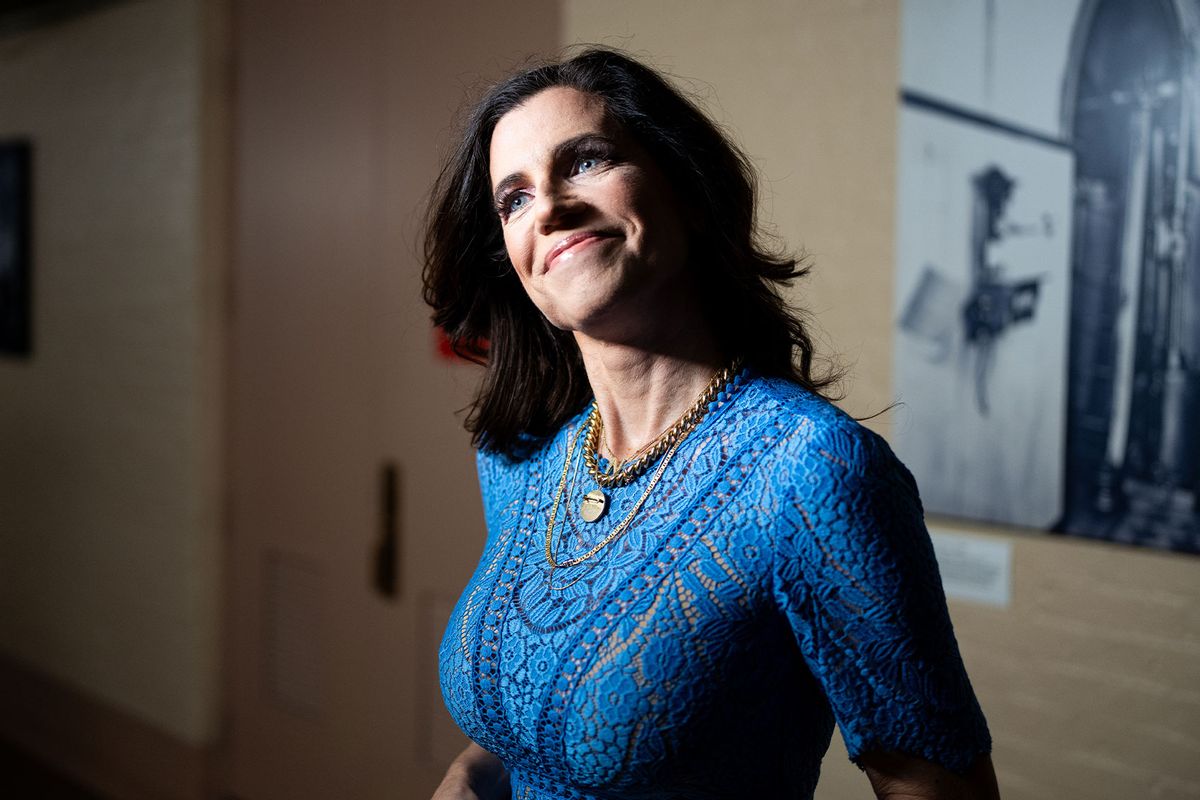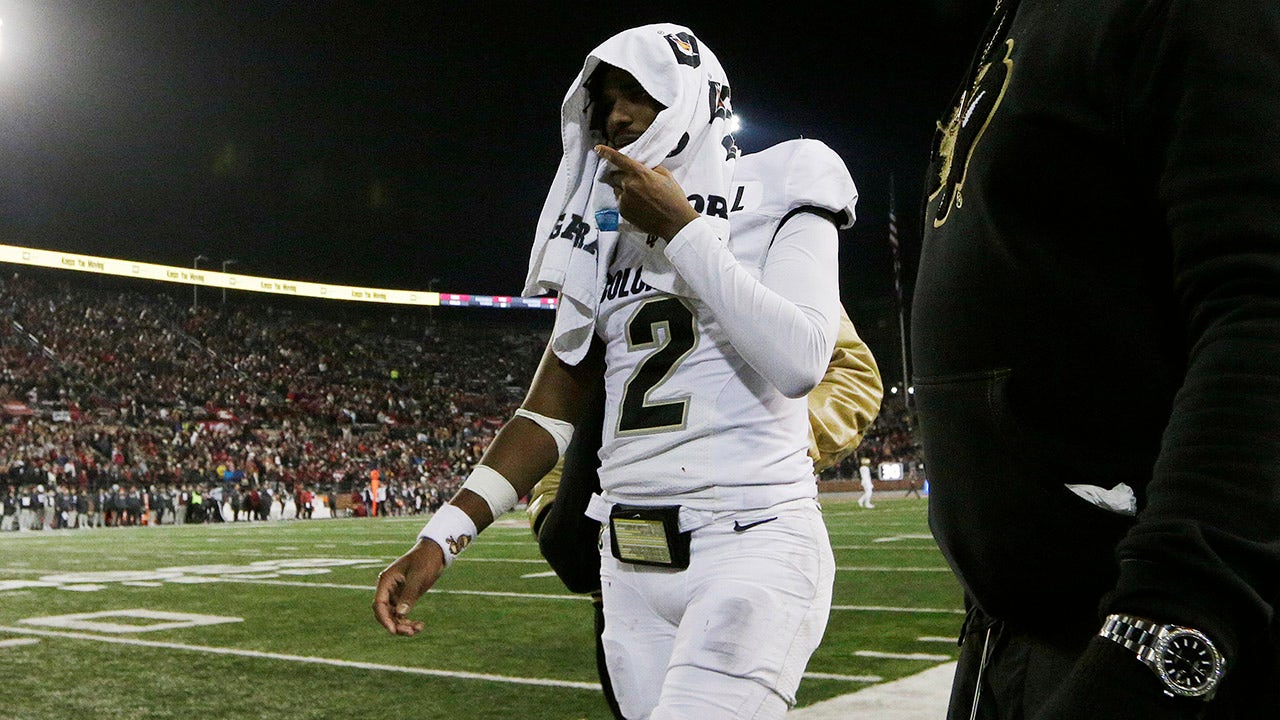“I put down the phone,” Mr. Goff said. “She again asked the judges if they had changed their views. ‘Then I vote for Coetzee,’ she said. I made number two dash to the phone. I heard a new ‘Hold it a minute,’ but ignored it.” Mr. Coetzee won the prize.
Ms. Weldon was born Franklin Birkinshaw in Alvechurch, Worcestershire, on Sept. 22, 1931, the second child of Frank Birkinshaw, a medical doctor, and Margaret (Jepson) Birkinshaw, who went on to write novels herself as Margaret Birkinshaw. (Her mother’s father, Edgar Jepson, had been a prolific writer of popular fiction.)
Her parents had been living in New Zealand not long before she was born when an earthquake separated them. Her mother, pregnant with her at the time, returned to her native England for the birth, taking along her other daughter, Jane, then 2.
Ms. Birkinshaw soon re-established contact with her husband and returned to New Zealand. But the couple divorced several years later, and she returned to England with her daughters, working as a housekeeper and a subway janitor before writing novels.
After a high school education in North London, Ms. Weldon went to the University of St. Andrews in Scotland and graduated with a degree in economics and psychology.
Her early adult years described a remarkable trajectory. As what she termed a “lost girl” in the big city of London, she wrote Cold War propaganda at the British Foreign Office and also worked for a while as a reader’s advice columnist at The Daily Mirror.
In her early 20s, she had a son, Nicolas, by Colyn Davies, described variously as a folk singer, busker and nightclub doorman. She refused to wed him, only to endure a bizarre, brief and unhappy marriage to a man 25 years her senior, Ronald Bateman, a high school headmaster. He needed a son for his résumé, she wrote, but preferred her to have sex with others and urged her to work as a nightclub hostess and escort.




















Discussion about this post